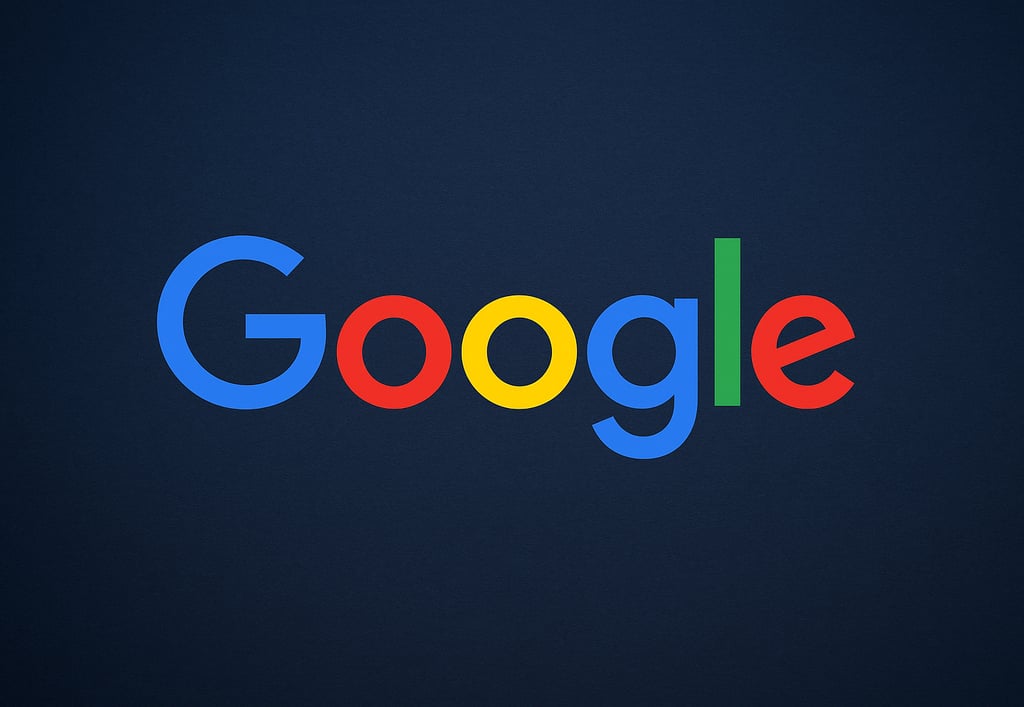Google Ordered to Pay €465 Million to German Price Comparison Platform | Major 2025 Antitrust Ruling
Germany orders Google to pay €465M for abusing market dominance by unfairly promoting its shopping service over rivals in a major 14 Nov 2025 antitrust ruling.
Raja Awais Ali
11/14/20252 min read


Google Ordered to Pay €465 Million to German Price Comparison Platform in Landmark Ruling
Germany’s Berlin Regional Court has issued a landmark ruling on 14 November 2025, ordering Google to pay €465 million in damages to a leading German price comparison platform. The court concluded that Google abused its dominant market position by unfairly promoting its own shopping service in search results while suppressing independent comparison websites. The decision is being regarded as one of Europe’s strongest actions against Big Tech in recent years.
The complaint stated that Google boosted the visibility of its own shopping results while reducing the visibility of rival platforms, causing them a sharp decline in traffic and revenue. After a comprehensive review of the evidence, the court confirmed that the traffic drop experienced by the German platform was directly caused by Google’s search ranking practices. According to the ruling, Google’s dominant role allowed it to distort competition and limit consumer access to fair price comparisons.
The judgment also noted that Google’s 2017 system updates—made in response to previous regulatory pressure—were insufficient. Despite Google’s claims of providing equal opportunities to all platforms, the court determined that its shopping service still enjoys preferential placement in search results, resulting in an uneven competitive environment.
Following the verdict, Google expressed strong disagreement and announced its intention to appeal. The company argues that its search results prioritize user benefit and comply with European competition requirements. However, the court maintained that Google’s market behavior continues to negatively affect the visibility and growth of competing platforms.
This ruling has significant implications across Europe, where regulators are increasingly cracking down on anti-competitive practices by major tech companies. Many countries are strengthening digital market laws to protect consumers, small businesses, and emerging online platforms from monopolistic behavior. Germany’s decision not only reinforces these regulatory efforts but also sets a powerful precedent for future cases.
For European comparison platforms, the ruling represents a major victory in their pursuit of fair digital competition. Consumers may also benefit from improved transparency, more accurate price comparisons, and a wider range of options over time.
Google’s appeal is expected to shape the case further, but the current decision sends a clear message: even the world’s largest tech companies are accountable to competition laws, and fair market practices in the digital economy are non-negotiable.
Stay informed with the latest national and international news.
© 2025. All rights reserved.